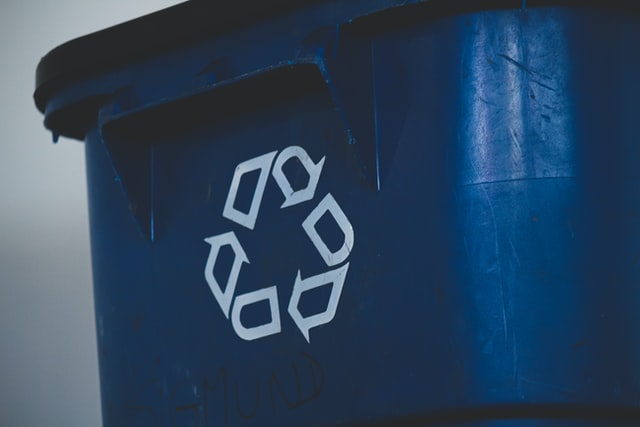
Everything You Need To Know About Recycling Metal Scraps
Old appliances are one of the best sources of recyclable metals. You can recycle air conditioning units, refrigerators, washing machines, and freezers through shredding companies Fort Lauderdale. These appliances look broken outside, but their inner parts contain valuable materials. To properly recycle these items, it is necessary to disassemble them first. Most collection yards prefer prepared scraps stripped of all the extra attachments. Listed below are some things you need to know about metal scrap recycling.
Classification of metals
Different non-ferrous metal scraps cannot be automatically classified due to the lack of proper techniques for detecting different metals.
Ferrous metals and non-ferrous metals are used for different applications. Ferrous metals are those that contain iron, whereas non-ferrous ones do not. The former include steel, aluminum, copper, bronze, and copper. These metals are used in automotive parts, musical instruments, and other items. Their durability and high tensile strength make them highly valued. Typically, the value of ferrous metals is lower than that of non-ferrous metals.
Process of recycling
The process of recycling metal scraps begins with sorting the materials. Large appliances and vehicles are usually disassembled to remove non-metal parts. Next, metal parts are sorted into similar groups. Finally, non-iron metals are sorted by weight and color. This step can be labor-intensive and requires special tools. The final products can be sold as scrap metal, making the entire process of recycling a cost-effective and environmentally friendly option.
Once the metal is collected from the environment, it is sent to a metal recycling facility. First, metal recyclers sort out the metals, removing any impurities. Next, the heavier scraps are shredded, compacted, and melted in large furnaces. While recycling metal scraps can be labor-intensive, it is energy-efficient compared to mining virgin metals. The metal is then purified, ready to be transported to new uses as raw material.
Value of non-ferrous metals
In contrast to ferrous metals, which are readily available and recyclable, non-ferrous metals are worth a lot more when recycled. It is because non-ferrous metals are valuable, lightweight, and malleable, making them ideal for wires, pipes, and electrical appliances. The Bureau of International Recycling reports that scrap metal recycling contributes to around 45% of the world’s total aluminum and copper production. In addition, while the value of ferrous metals fluctuates more frequently, non-ferrous metals are more stable and are often purchased on a monthly contract by mills and scrap dealers.
When recycled, the value of non-ferrous metals depends on the type of scrap metals they contain. Steel is the most commonly recycled metal, and non-ferrous metals are rarer. As a result, they are valued higher on the scrap metal market. Ferrous metals are recycled in a process that produces lower-grade steel, which will be sent to a scrap yard.
Cost of recycling
The cost of recycling metal has increased over time with the rise in industrial waste. Industries, homes, and consumer electronics all generate tons of scrap metal. As a result, it has motivated governments and private scrap dealers to make efforts to recycle metal. The price of scrap metal varies from one location to another and also varies by meta-grade. It is best to check online scrap metal prices to get an estimate of the price of your metals. The prices of scrap metals will yield the highest prices from recyclers. However, prices can change several times in a single day.





